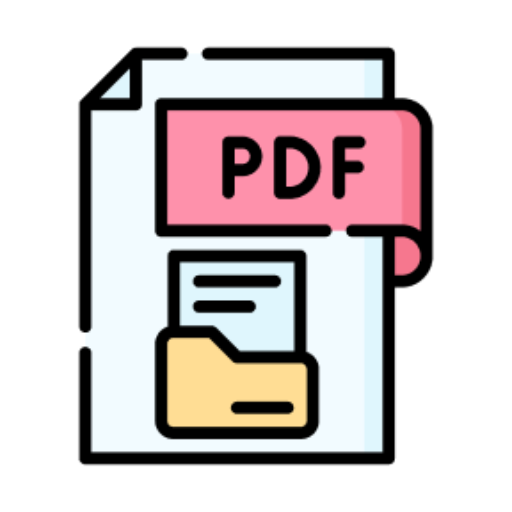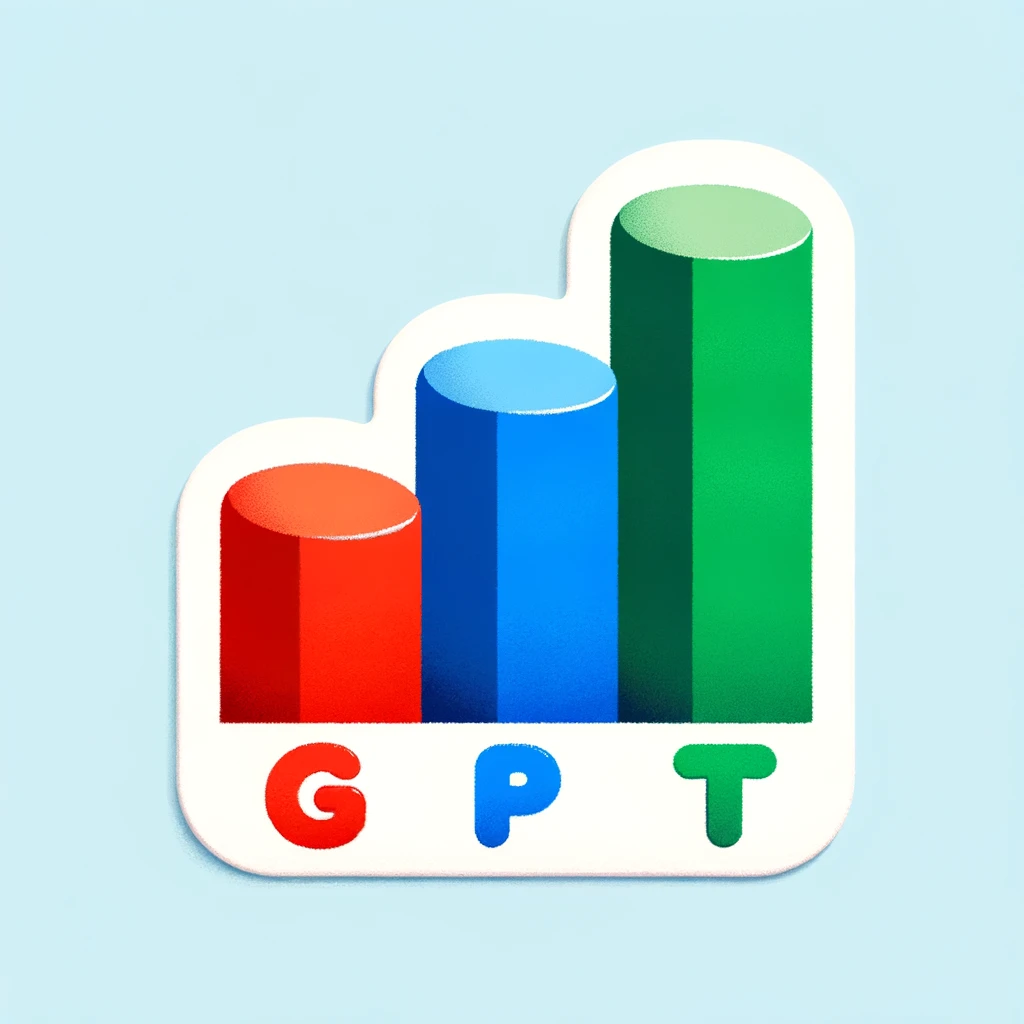ReadKnown-AI-powered text summarization tool
AI-Powered Summaries for Instant Insights
input text contents or article links:
Related Tools
Load More
Kotlin Expert
Expert in Kotlin programming, offering tailored advice and solutions.

Contract Reviewer
Review and identify red-flags in contracts, leases, etc. from any uploaded PDFs. No personally identifiable information is stored or saved in any way.

Linux Kernel Expert
Linux kernel code guide and explainer

Thorough Reader
Expert at in-depth text analysis and summarization.

AskYourPDF
Extracts Insights from PDF Documents

ReviewReader
Tired of comparing countless Amazon reviews? Input a product name or link for an instant AI summary.
20.0 / 5 (200 votes)
Introduction to ReadKnown
ReadKnown is a specialized AI-driven platform designed to process and summarize complex texts, particularly articles, by extracting key points and condensing them into a clear, concise format. Its main purpose is to assist users in quickly grasping the essential information within long-form content, allowing them to save time without missing critical insights. By providing a summary and highlighting key aspects, ReadKnown empowers users to make informed decisions about whether they need to delve deeper into the source material. For example, if a user is presented with a lengthy research paper or news article, ReadKnown can swiftly summarize it, highlighting important findings or arguments, which helps users avoid spending too much time on unnecessary details.

Main Functions of ReadKnown
Article Summarization
Example
A user provides a link to a scientific journal article. ReadKnown summarizes the article in a few sentences, capturing key findings and contributions.
Scenario
In academic research, where scholars need to review multiple papers, ReadKnown helps them quickly assess the relevance of each source.
Key Points Extraction
Example
A busy executive uses ReadKnown to extract the five main points from a 5,000-word industry report, allowing them to focus on the most critical takeaways.
Scenario
In business environments, decision-makers need quick access to core data from reports to guide strategy without getting bogged down in minutiae.
Content Understanding and Analysis
Example
A journalist uses ReadKnown to analyze a government policy document, summarizing its key points and extracting specific policy changes.
Scenario
Journalists covering complex policy changes can use ReadKnown to efficiently break down documents and report the most important elements to the public.
Ideal Users of ReadKnown
Researchers and Academics
This group benefits from ReadKnown’s ability to summarize and extract core information from extensive research papers, journal articles, and academic studies. It allows them to quickly identify relevant sources, streamline literature reviews, and focus on content that truly matters.
Business Professionals and Executives
Business leaders often deal with long, data-heavy reports and need to quickly understand critical insights. ReadKnown enables them to extract actionable information without having to sift through dense documents, enhancing productivity and decision-making.

How to Use ReadKnown
1
Visit aichatonline.org for a free trial without login, no need for ChatGPT Plus.
2
Input the URL of the article you wish to summarize or analyze. Ensure the link is active and accessible.
3
Click the 'Summarize' button to generate an instant, AI-powered summary of the content in question.
4
Review the summary generated in seconds, which will highlight key points and provide concise information.
5
Use the output for research, writing, or quick insight. For more complex documents, adjust inputs to focus on specific sections.
Try other advanced and practical GPTs
IHeartDomains.BOT | Web3 Domain Knowledgebase
AI-powered Web3 domain education and investment.
之乎者也
AI-powered insights for detailed queries.

🚨 Must-Have Exam Assistant 🚨
AI-powered answers for exam success

Senior Javascript Developper
AI-powered tool for cleaner JavaScript

Literature Review GPT
AI-Powered Literature Review Assistance

The Rizz Game
AI-powered dating conversation practice.

GPTChart
Transform Data into Insightful Charts with AI

Code Analyst
AI-Powered Code Analysis Simplified

Universal Poetic Painter
AI-powered tool for visualizing poetry.

General Service Agreement Drafting Master
AI-powered contract drafting for all your service needs.

Business Cooperation Agreement Draft Expert
AI-powered contract drafting for business collaborations.

Chief Marketing Officer
Empowering Marketing with AI Insights

- Research
- Blogging
- Report Writing
- Content Curation
- News Reading
Q&A About ReadKnown
What is ReadKnown used for?
ReadKnown provides AI-generated summaries of online articles and documents, making it easy to grasp key points and takeaways from lengthy content.
Do I need an account or subscription to use ReadKnown?
No, ReadKnown offers a free trial without requiring login or a ChatGPT Plus subscription.
How fast can ReadKnown summarize a document?
ReadKnown generates a summary in seconds, delivering concise insights quickly regardless of document length.
Can I use ReadKnown for academic purposes?
Yes, ReadKnown is ideal for academic research, helping users quickly extract essential information from scholarly articles and papers.
What types of documents does ReadKnown support?
ReadKnown works with a wide variety of content, including news articles, research papers, blog posts, and other online texts.